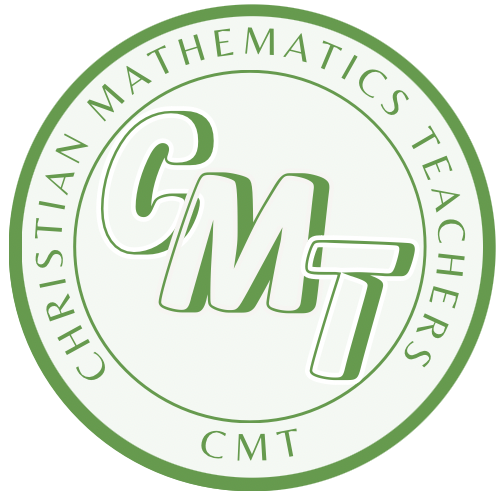Worship is heart, mind, soul, and body: thinking, devotion, and action. Matt. 22:37-38; Rom. 12:1
The Plato and Descartes models led to the separation of mind and body and the development of rationalist views of education. These emphasised reason, logic, and abstract thinking. Hence, students can be reduced to cognitive machines.
When mind-body dualism goes unchecked, it becomes a model for students. Mathematics teachers often reinforce this perspective through their heavy reliance on textbooks and worksheets.

Prayerfully construct activities that are rich and hands-on, not just cognitive and cerebral. Integrate activities with other subject areas or those that explore the world outside.
Practices that involve critical thinking, experience, emotions, and relationships will foster transformative learning.
When God did the ‘work’ of creating the world and weaving intricate patterns into it, He was not burdened by His task. Rather, he sat back and delighted in its design and its beauty. He marvelled at the clever way everything worked together. Genesis 1.
“The heart is enflamed in contexts that allow for creativity and curiosity, and in settings that open doors to God’s rich and varied world”.
Caphill, 2017, p.15
Strategies to consider
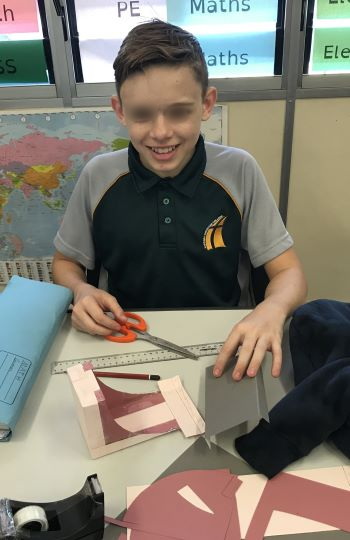
- Take maths outside
- Use manipulatives (suggestions)
- Play games
- Look at pictures; watch videos that connect with the world and current issues; allow emotions to be stirred
- Use and experiment with mathematical tools such as clinometers, 3D shapes, and other measurement tools; as well as technology
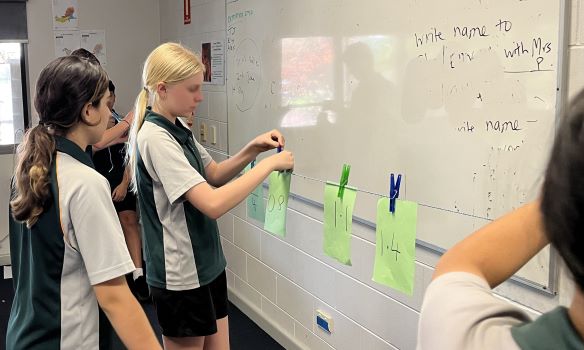
- Build models
- Interconnect with art, music, science, etc.
- Use rich, authentic tasks
- Explore What If Learning: https://whatiflearning.com/
- Youcubed resources: https://www.youcubed.org/tasks/

- Eddie Woo ideas: https://www.youtube.com/@misterwootube/videos
- NRICH resources: https://nrich.maths.org/
- Consider real-world analysis and responses: https://thankyou.co/pages/methodology; https://www.gapminder.org/answers/how-reliable-is-the-world-population-forecast/
However, before you ‘click away’ and explore these other great resources, don’t forget to consider how you will explain your choice of activity to your students. The biblical context for your choice of activity is important!
Here are some additional tools to help you consider the rich context of mathematical learning more deeply:
-
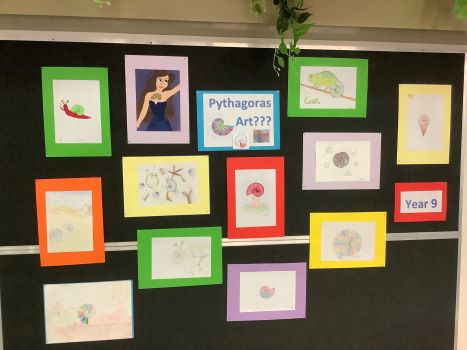
Assignment: Pythagoras art
Students investigate the life of Pythagoras and create beautiful artwork using his theorem. Read more
-
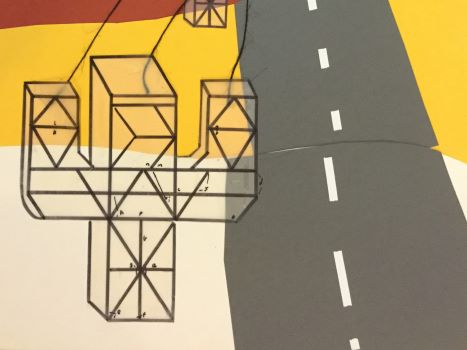
Assignment: Beautiful Power Pylons (Geometry)
How can we possibly turn power pylons into something beautiful? Students re-imagine power pylons as beautiful. Read more
-
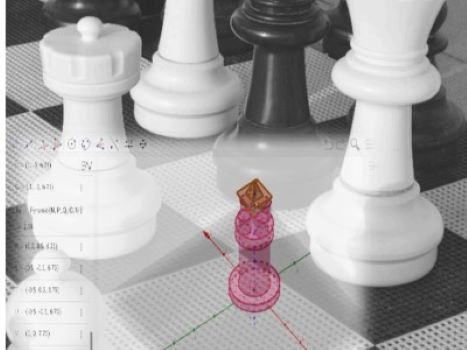
Assignment: Measurement – Outdoor Chess Pieces
With the help of GeoGebra students design a chess piece and calculate the amount of materials needed if they were to make the piece suitable for ‘outdoor’ play. Students can print their scaled down model on a 3D printer and… Read more
-
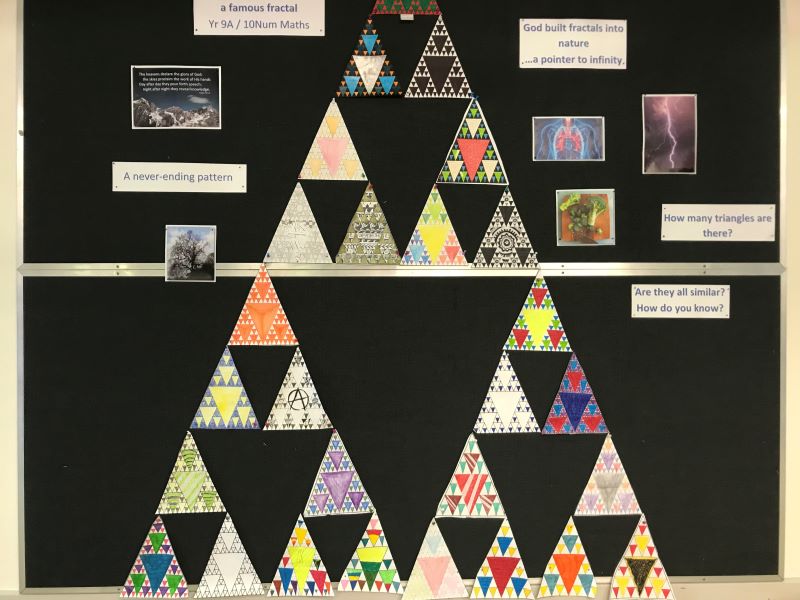
Assignment: Fractal triangles and beautiful work
Students explore fractals in God’s creation; and create their own beautiful work to enrich the lives of the community. Read more
-

Activities: Scale drawings – creating beautiful work
This activity helps students identify beauty in God’s creation. Reflecting that they are made in God’s image they create beautiful work to enrich the lives of their community. Hence, they can learn to value their work. Read more
-
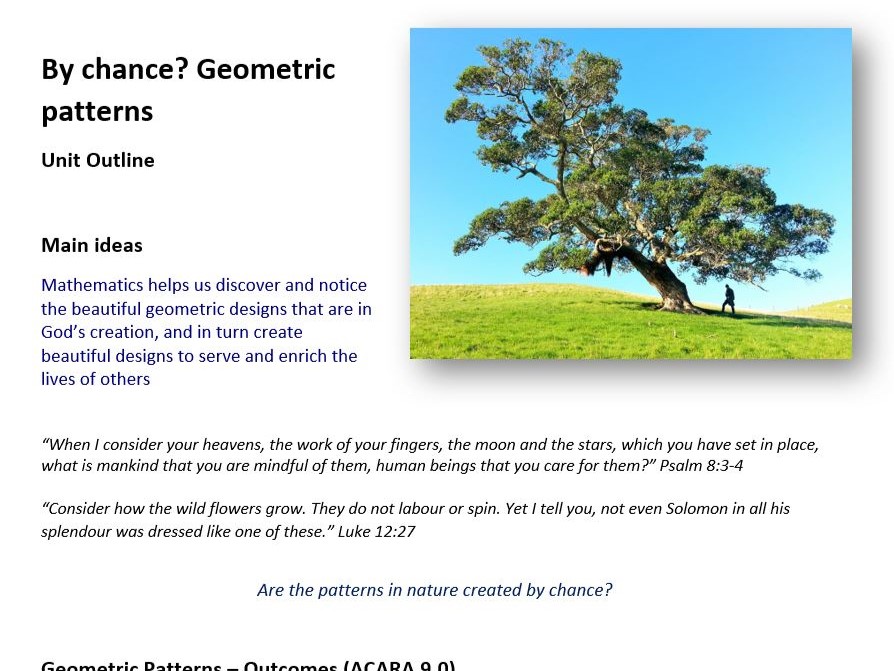
Student Outline: By chance? Geometric Patterns
Mathematics helps us discover and notice the beautiful geometric designs that are in God’s creation and, in turn, create beautiful designs to serve and enrich the lives of others. Read more
-
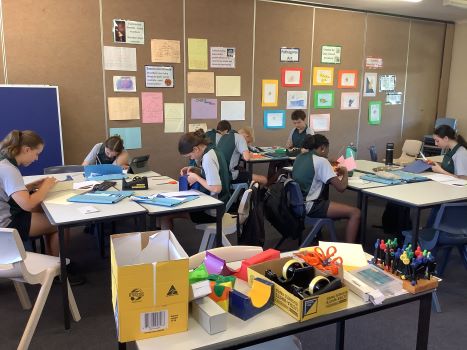
Abstract vs. concrete
“There are two versions of maths in the lives of many people: the strange and boring subject that they encounter in classrooms and an interesting set of ideas that is the maths of the world, and its curiously different and… Read more
-

Mathematical play
God designed us to play. It is a “deep human desire, and it is a mark of human flourishing… Everyone can have a meaningful experience in mathematical play.” Francis Su, 2020, p.49, 63 Play What is happening when we play?… Read more
-

Head-Heart-Hands Overview
“Formational learning develops the mind, captivates the heart, and equips the hands, encouraging curious and courageous learners to explore God’s world and live out the hope of Christ”. Frame learning around the deep home for students. Read more
